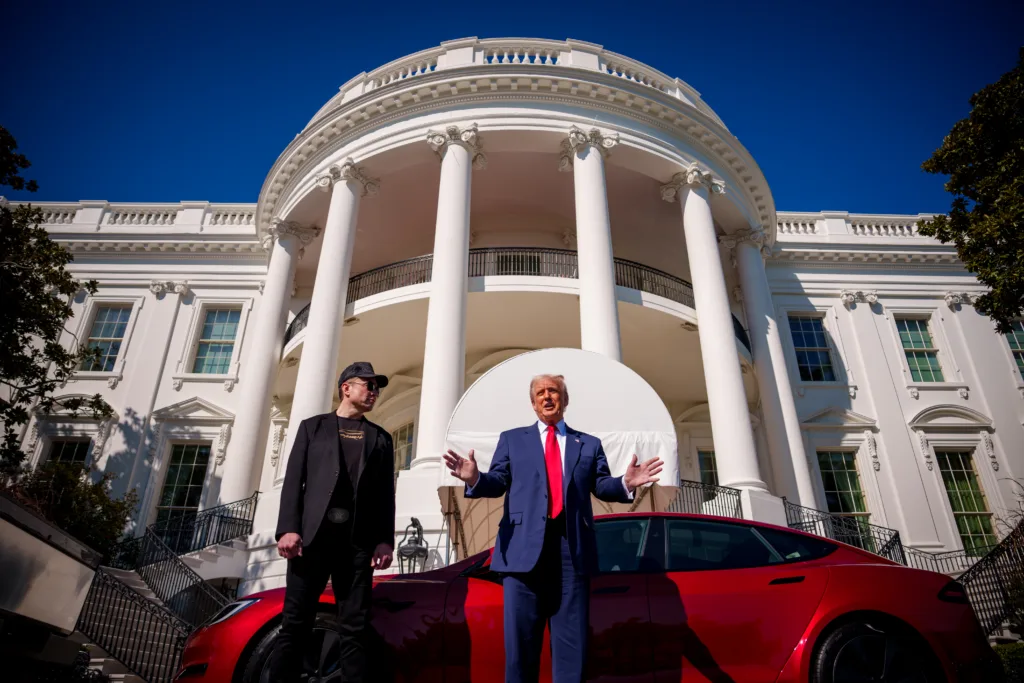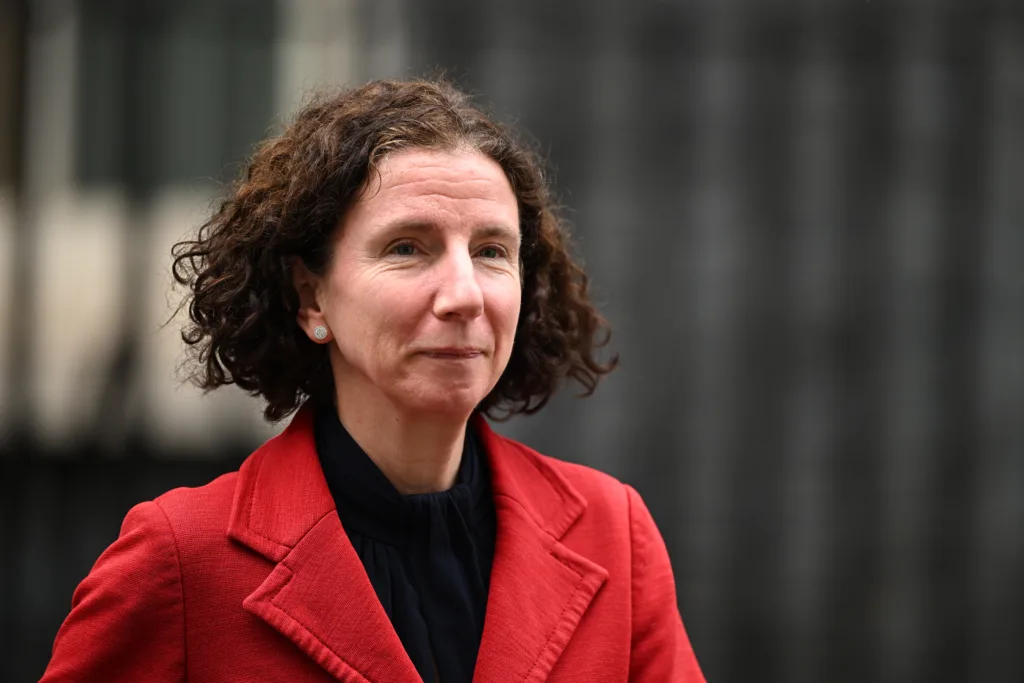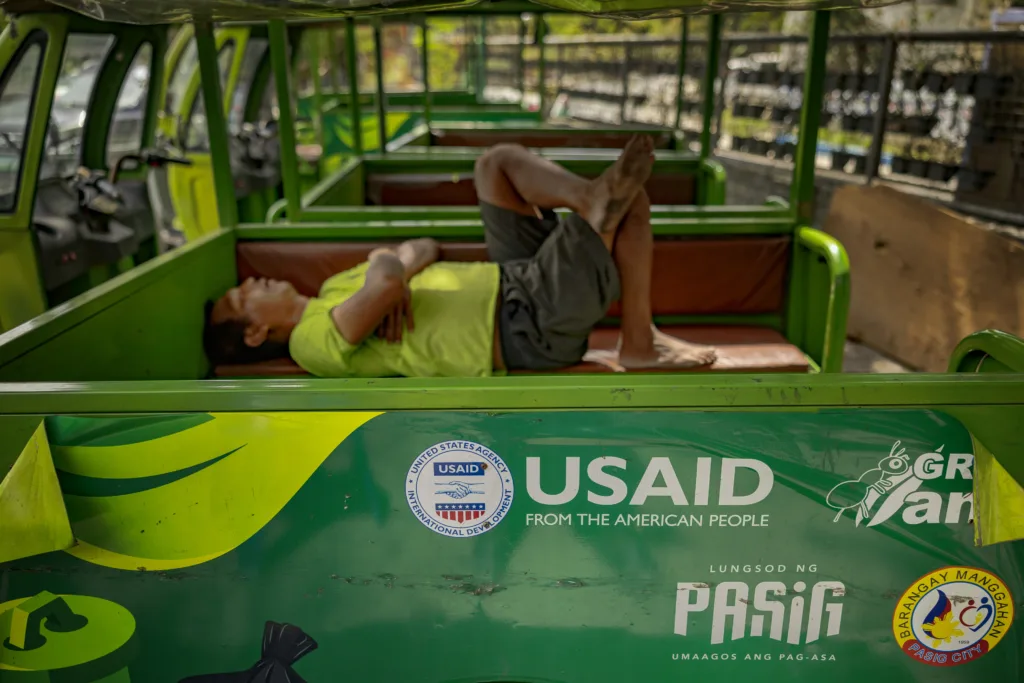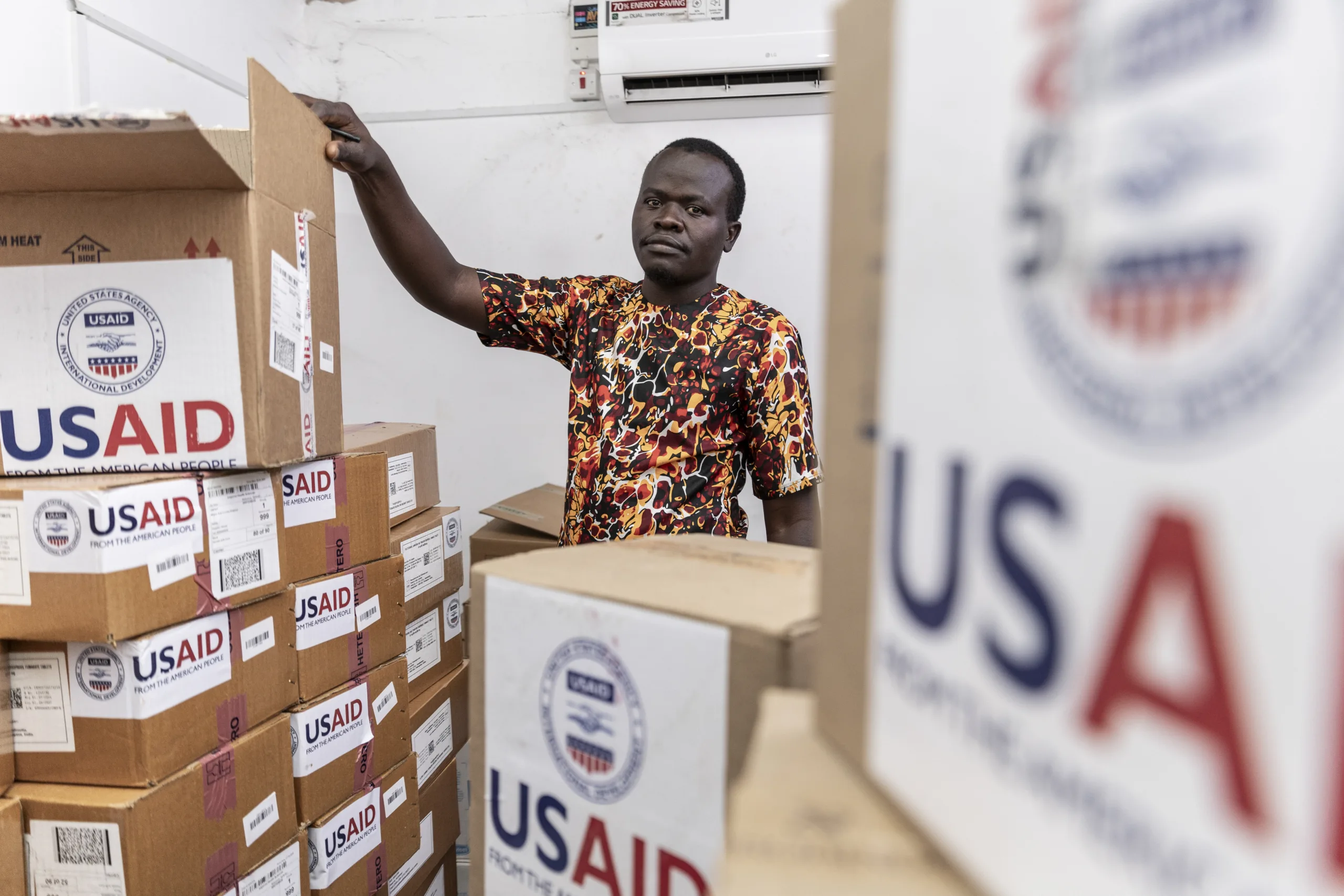The aid world is upside down.
The impacts of the radical cuts made the by the Trump administration will be felt for a generation – likely much longer. It is not simply that funds have ceased to flow to support new programmes, but that current programmes in health and education have suddenly been stopped.
Essential medications sit in warehouses – no one signs them out, no drivers take them to clinics. Injections are not being administered as there is no equipment. And there is a hidden price as workers no longer have jobs. Salaries have stopped, and therefore school fees cannot be paid or bills managed. Local economies will suffer as the number employed in various districts drops. This is the real trickle down economics.
The UK cuts to Official Development Assistance (ODA) announced on the 25th February this year may seem to be a lot less significant than the US cuts. Indeed, for many they have gone under the radar in the midst of the flurry of geopolitical news that changes daily. But they too will have a powerful negative impact.

Targets met
The United Nations set a target in the 1970s for countries to contribute at least 0.7 per cent of their gross national income to lower resourced countries to promote economic development and welfare of these countries.
A precursor to the Millennium Development Goals and the Sustainable Development Goals, it was a resolution to stimulate global economic growth and respond to the global inequities in health and education that the world was facing.
The UK 2015 International Development Act imposed a duty on the Secretary of State to ensure that the 0.7 per cent target “continues to be met by the UK in the year 2015 and in each subsequent calendar year”
Targets moved
What happened next is worth outlining in detail. In 2021, though the Solicitor General and the Director of Public Prosecutions argued that legislation was required to reduce the contribution from 0.7 to 0.5, the Commons voted to make the cut.
Arguments bounded back and forth, with the then-backbencher Andrew Mitchell pushing a motion begging the Government to rethink its position on social, moral, economic, ethical and common-sense grounds. The pleas to reinstate the 0.7 were met with various responses including the Dickensian message: we can’t give foreign aid when our own people are in poverty, aid should help British people.
The debate in February 2025 recycled many of the same arguments but with the addition that this time cuts from 0.5 to 0.3 were needed to fund the increase in defence spending. Anneliese Dodds resigned as International Development Minister.

Why remind ourselves of these discussions and decisions? Because there are a signal of a new way of understanding the world and the rule of law. They signal that the spirit of the Sustainable Development Goals has shifted, that security is not found in a shared vision among all nations. Instead, this signal tells us that progress now appears to lie in protectionism and the ability to shape the narrative of who has power.
Price of future health
So, given that this is all about money, what can aid money buy?
In low-income countries aid bought resources that saved children’s lives, prevented mothers dying in childbirth and increased access to antiretroviral drugs. Aid has changed the whole trajectory of many diseases such as TB. Aid has improved access to palliative care, meaning less people die in pain. Aid has paid for collaborative research that has led to remarkable breakthroughs in surgical care and drug discovery.
Aid prevents epidemics. Aid buys future health for everyone.
But the ODA contributions of national income to global good are not simply a material asset. They are the covenant between countries saying that together we believe in a common future where no one is left behind.
The ODA contribution is about value of people and our planet – partnerships to improve access to health and education and decent employment, to reduce needless and preventable deaths and improve lives and livelihoods.
The contribution did not buy trust. Trust cannot be bought, but the contributions enabled trust to be built up through relationships, often over years. The value of trusting each other to make things better together is irreplaceable.

Cost of not intervening
As a group of university professors working in health across the world we have written to our MPs outlining our objection to this move. We published a letter in the Lancet, the foremost medical journal in the UK, listened to and stood behind our partners as they have spoken out about the likely impacts of the cut from 0.5 per cent to 0.3 per cent.
While we argue about fractions of percentage points, the consequences will start to be felt. Poverty will increase, diseases will spread unnoticed and unmanaged, national economies will fail with global consequences.
On the ultimate balance sheet, the cost of not intervening will be far higher than the cost of intervening.
Image credits: Pharmacist with USAID boxes – Michel Lunanga/Getty Images; Trump and Musk – Andrew Harnik/Getty Images; Annaliese Dodds – Leon Neal/Getty Images; Philippines project – Ezra Acayan/Getty Images







